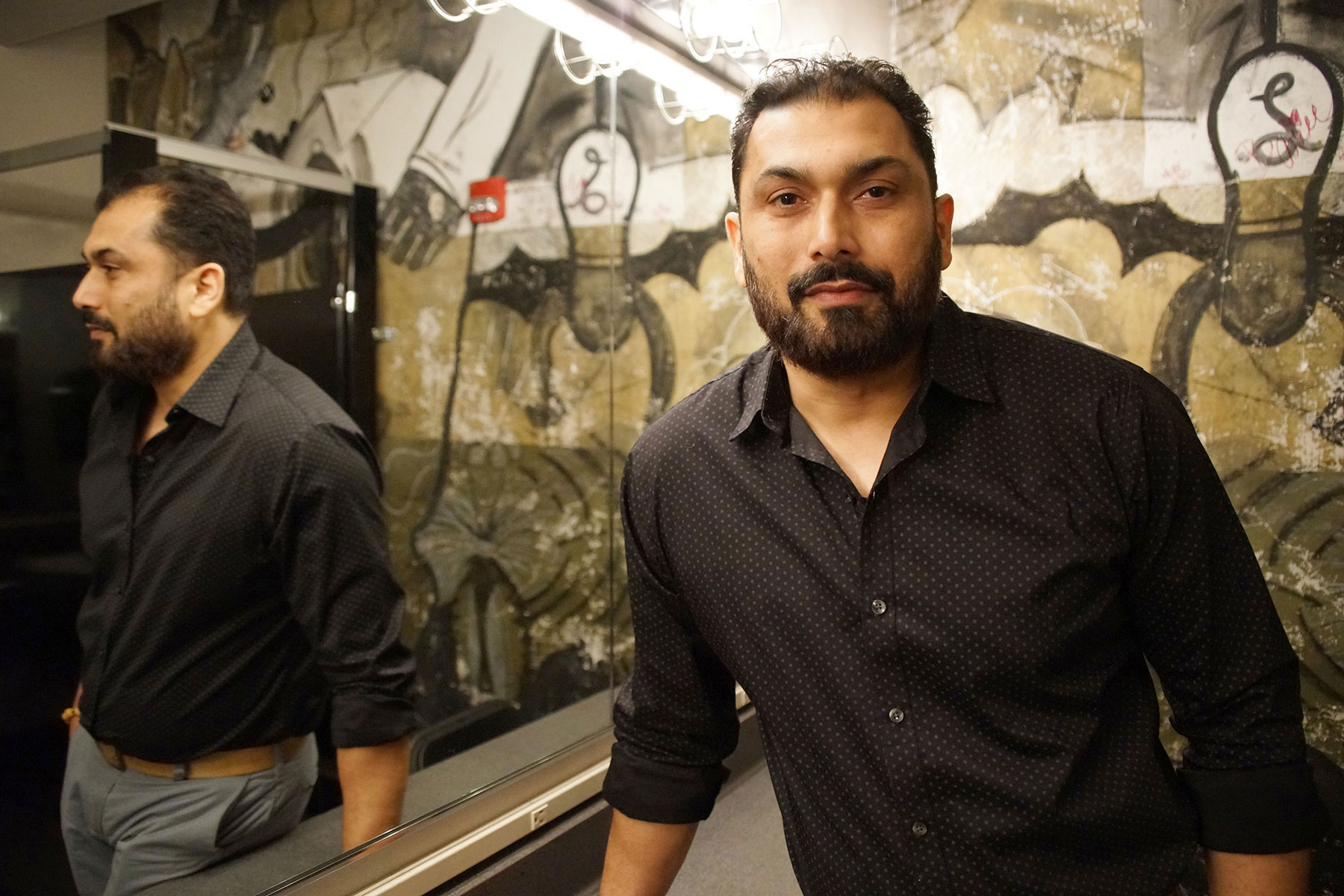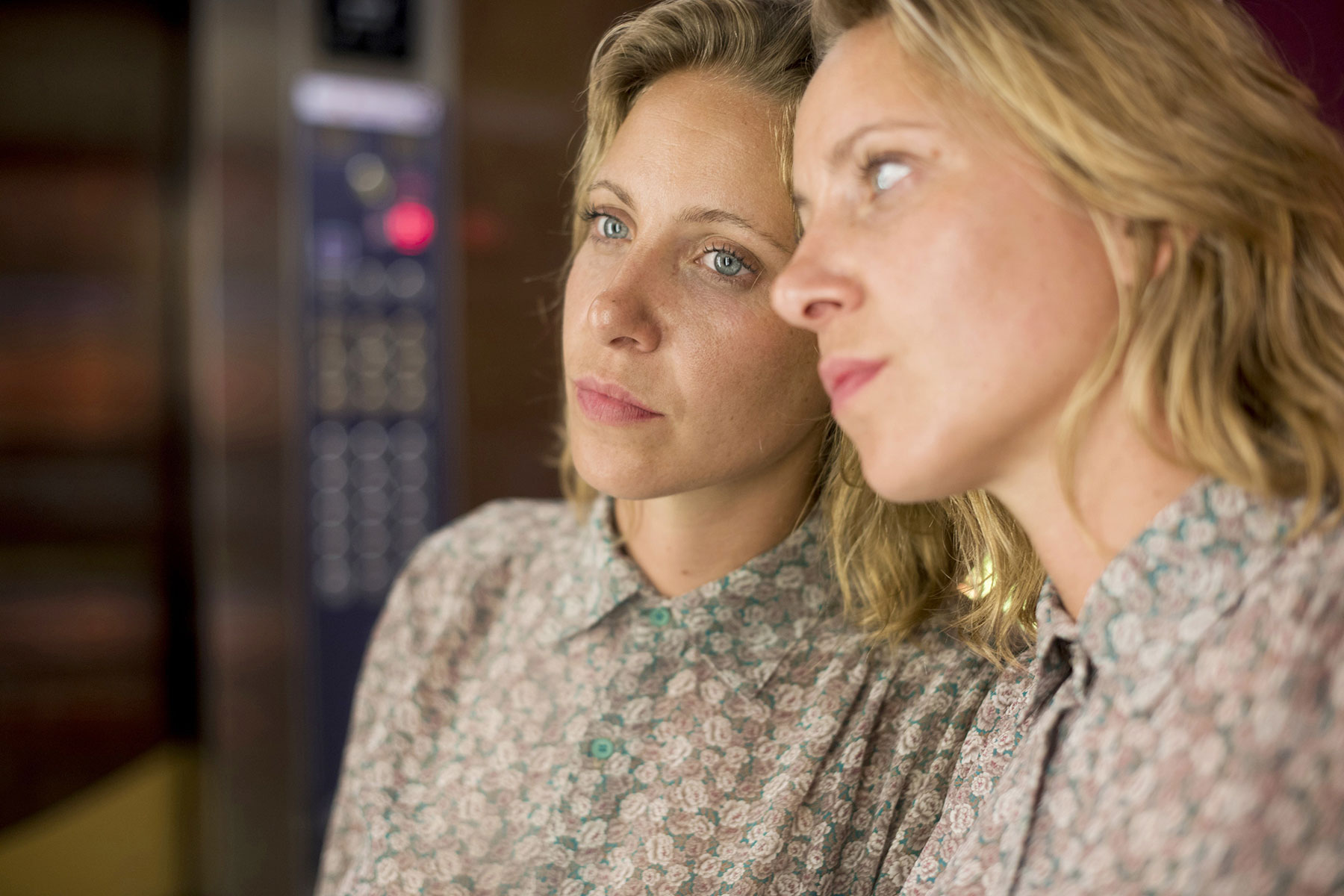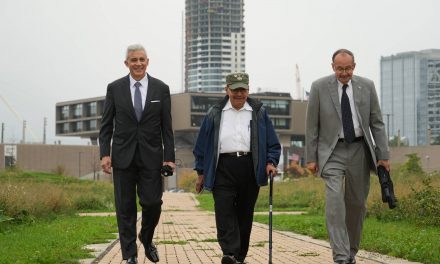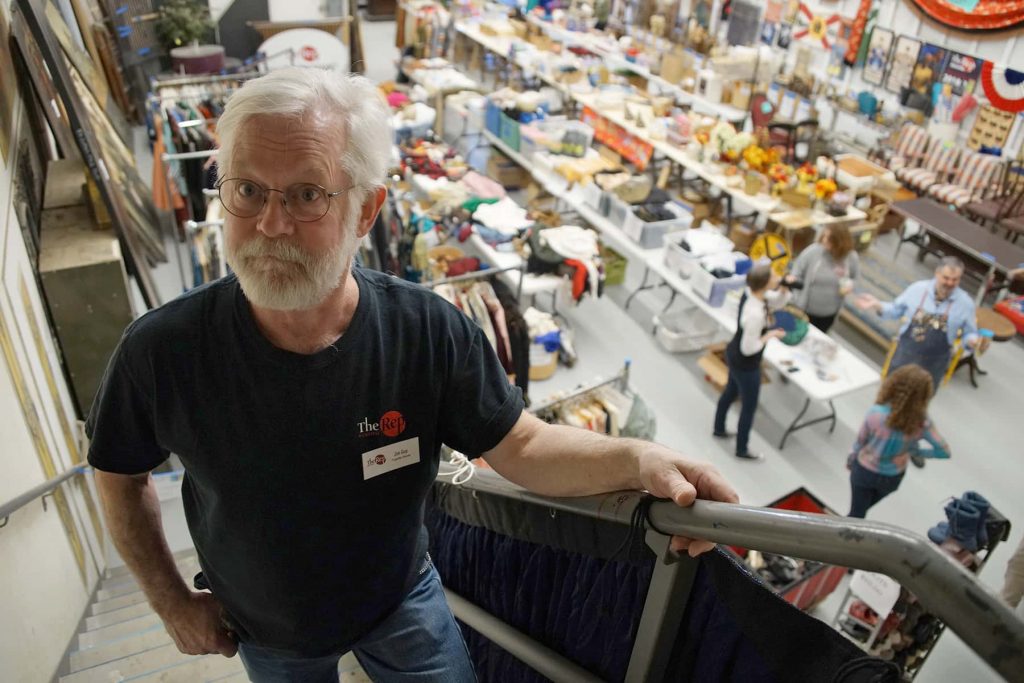
The reality of our society lacking compassion can be hard to swallow, especially with the awareness that the condition may have always been that way.
The recent headlines in the news regarding the separation of immigrant families has us once again questioning if Milwaukee’s society, and the very foundation of our country, has any compassion. There are two very polar opposite views on the issue, and examining them from both extremes of the spectrum offers a better perspective on the social forces at work.
On one side there are those who are very sympathetic to the plight of immigrants and refugees. These same people have and continue to voice their dissent of separating families. Some have organized marches, others have taken to social media, and a handful have even called for complete policy and leadership change.
It is clear that, for these people, a nerve has been struck. Nothing short of immediate and deliberate action to stop Trump’s “zero tolerance policy” is required to rejoin families. The effort is a direct call to action. It could be assumed that many of these people have also donated money to provide low cost legal defense services to immigrant and refugee families in Texas, garnering more than $20 million dollars of donations in a single week. Compassion was given voice through outrage and love.
On the other side, there are those who have clearly not been as understanding to the plight of immigrant families. These people have resorted to providing arguments of reason, logic, laws, and self-proclaimed rationality to justify the decisions made by the Trump administration. From this group it has been voiced, “these immigrants should not have broken the law, and that President Trump is just being tough.” Others have vilified the plight of immigrants and immigrant families, and some have even applauded the “get tough” policy as the ultimate deterrent and an augmentation to the “border wall.”
Whether a person is a sympathizer or an enabler of Trump’s get-tough-on-immigration policy, or somewhere in between, we all feel justified in our opinions and our actions or inaction. When the video footage of the living conditions and the audio was released of infants and children crying, because the kids were being separated from their biological parents, many people became even more entrenched into their perspective.
In short, this evidence of the inhumane treatment of children only further angered sympathizers. It left the deniers of mercy looking for a rationalization to continue thinking that their opinions are actually benevolence somehow disguised in the veil of justice. The action qualified their own morality, and absolves them from the sin of not helping the most needy in our society.
This is why it is incredibly difficult for anyone to be genuinely reflective, which is especially true when we have to be reflective of the harm that we cause to ourselves or others. From a personal point of view, take a moment to ask, ”When was the last time that you actually sat and contemplated your action or inaction in a truly genuine manner? What could you be doing that you are not? Is it even possible to do this without feeling and responding defensively?”
I attempted to do this last week, as I reflected on a very close family member who is going through very difficult times. I became filled with a wide range of emotions that included sadness, guilt, regret, relief, anger, longing for the past, dread, and anger again. It seems that I cycle and recycle anger many times within my own reflection loops. As I sat in my mixed bag of emotional skins, I realized how difficult the process of reflection was. I wanted to do anything to escape the exercise, so I kept busy and looked for self-justification about my need to detach and use blame as the tool to accomplish. I told myself that it was all the family members fault for the mess that they were experiencing, they had brought it on themselves. This helped me go back to a space of feeling positive about myself, and let me go on living my life without the discomfort of my own neglect and apathy in this particular situation.
The power of positive thought has historically been associated with having a healthy attitude towards life and overcoming struggles. We use it when faced with a terminal illness. We use it when faced with the inevitable annual family gatherings. Often we assist the attitude with a cocktail to lubricate the path to more positive thoughts. We have used positive thoughts to live through our existential crises. Research has even proven that the power of positive thinking can be shown to have health benefits.
However I am proposing that it is this same positive thought pattern that is leading us to justify suffering for so many. This is because it simply tends to lead us away from genuine reflection.
Reflection is difficult for most people to experience. Even with the cognitive ability to do so, there are many realities that are too hard or depressing to accept. Deflection is a much easier course of action for the short term, and through muscle memory it develops into a habit. This psychological mechanism protects our fragile egos.
As hard as this is when faced with our own role in the schisms of our personal reality, this coping mechanism says that we are in the right even when it is obvious we are wrong, and know it in the depths of our soul that we have done wrong. It is this spiritual crisis that we are facing today, especially in Milwaukee. A superficial sense of moral high ground often times protecting our beliefs and biases. But the trade-off is that the habit getting us away from the fact that we are just not doing enough, despite having the privilege and power to do so.
In a recent article discussing the growing epidemic of depression in the United States, it was referenced that depression is much more than just a chemical imbalance in our brains. According to the World Health Organization, “depression causes are largely social.” Therefore, if we cannot Prozac our way to a solution, nor just positively think our way out of depression and a depressed society, what can we do?
We can be honest. We can identify own our role in suffering without overwhelming ourselves. We can embrace in a healthy reflection, ownership, and guilt by embracing the fact that we may not, nor have not done enough to help heal the suffering of our friends, family members, and our local and international communities.
Instead, we can understand, rather than justify, and google search for supportive arguments for our deeply ingrained subconsciousness. Most of all, we can feel. If we can feel, then we can heal. We can get to a more compassionate society where we can embrace the complication of healthy negative self talk and not rest on the righteousness of being right, or left for that matter.















